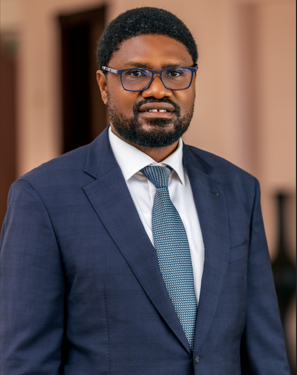By CHIMPREPORTS
By Ali Ssekatawa
The curtains have closed on the COP28 Climate Summit, leaving behind a mixed bag of achievements and unmet aspirations. Over two intense weeks of negotiations in Dubai, representatives from nearly 200 nations converged, culminating in an agreement signaling a pivotal step toward a fair, orderly, and equitable energy transition based on science.
Uganda played a full role, ensuring its stance on a just energy transition was captured through the African Group of Negotiators on Climate Change (AGN).
A day before the final text emerged, Hon. Eng. Collins Nzovu, Minister of Green Economy and Environment of Zambia and Chair of the AGN, emphatically highlighted Africa’s commitment to limiting global warming to 1.5°C. However, he stressed the need for “differentiated pathways,” where African countries close the supply gap, rather than developed nations issuing exploration licenses to avoid stranded assets, as African supply aligns with global demand.
The heart of the COP28 agreement lies in urging each nation to chart a unique path toward an energy transition away from fossil fuels by 2050. This resonates well with countries like Uganda, currently navigating the development of oil and gas projects. This agreement offers Uganda an opportunity to avoid economic peril from stranded assets, potentially amounting to trillions of dollars, as the world moves towards ‘cleaner’ energy alternatives.
Undoubtedly, the COP28 pact propels Uganda on a promising trajectory, considering its ambitious energy transition plan based on accelerating renewables, maximizing rare minerals, and decarbonizing its oil and gas resources to generate revenue for the transition.
While the COP28 made strides in acknowledging and addressing the losses experienced by the Global South, emphasizing capacity building initiatives and prioritizing technology transfer, it falters on the principle of the polluter pays. It fails to demand clear commitments for direct, unconditional financing—commonly termed reparations—from the Global North to the Global South. The inadequacy in equitably distributing the burden of historical emissions, born from the fervor of the Industrial Revolution stoked by coal and fossils, remains an unaddressed ‘historical sin.’
The ideal discourse would involve a resolute commitment to the “First in, first out” principle, stipulating that early producers cease before newer entrants commence. While elements of this principle are hinted at in the agreement’s language of a ‘just, orderly, and equitable’ transition, a more explicit commitment was dearly missed.
For Uganda, the COP28 Summit marked a triumph of hope over pessimism. As Kenyan independence figure Jaramogi Oginga Odinga wisely stated, “One who wears others’ clothes remains naked, and one who feeds on others’ food stays hungry.” Until we achieve a fair and just energy transition, it is not yet Uhuru! COP28 nudges us to persevere in the pursuit of climate justice.
Ali Ssekatawa is the Director of Legal and Corporate Affairs
Email: [email protected]







Discussion about this post